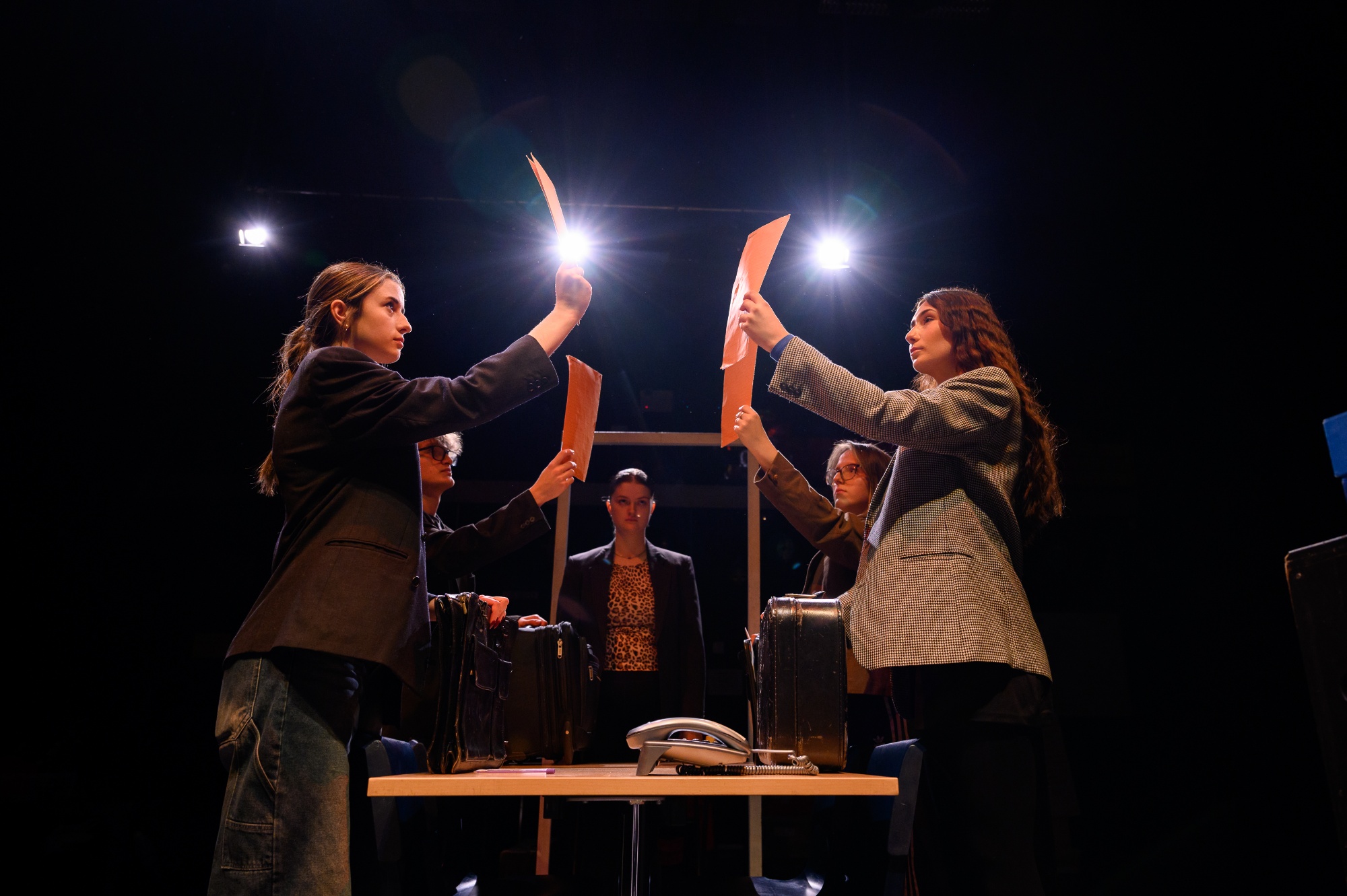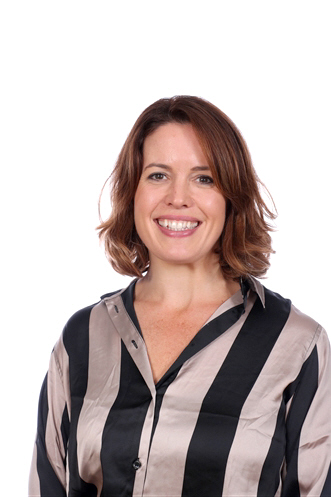Drama & Theatre Studies
A Level Drama and Theatre Studies is an exciting and challenging course that enables you to develop a creative and analytical mindset for interpreting, making and performing drama whilst harnessing a depth of transferable skills for a broad range of career paths.
The course is inspiring and challenging, blending hands-on creativity with academic depth. You’ll develop new skills and gain a deeper understanding of how performances are created. From devising original pieces to analysing scripts and interpreting characters from classical and contemporary plays, you’ll explore the diverse ways theatre can communicate powerful stories and ideas.

Entry Requirements
GCSE Grades 5+
Content
The Eduqas A Level has three components:
| Component 1: | Theatre Workshop |
| Component 2: | Text in Action |
| Component 3: | Text in Performance |
In Component 1, you will learn about Steven Berkoff’s unique style and approach to performance and reinterpret a classic play text into a new and relevant piece for a modern audience today, using Berkoff’s technique to underpin your work.
In Component 2, you will perform a scripted piece alongside a devised piece based on a stimulus set by the exam board, in contrasting styles. In Component 3, you will sit a written examination exploring three set texts from the point of view of a director, designer and performer.
Assessment
60% Assessment & 40% Written Examination
Am I right for the course?
This course is for you if you are interested in all aspects of the theatre industry, both as a director and designer as well as a performer. You will need to commit to after-school rehearsals in the run-up to practical exams, and you must show a willingness for independent research and collaboration with peers. An aptitude for academic writing is desirable, but we will support you in developing this strand if needed.
If you’re passionate about theatre, ready to work hard, and excited to collaborate with like-minded students, this course is for you!
Course Highlights
| Hands-on Experience: | Take part in workshops each year with a variety of current practitioners and theatre companies working in the industry. |
| Personal Development: | Explore and develop your creative performance and critical thinking. |
| Enrichment: | Take part in our school productions and attend theatre trips to a range of theatres in London and West Sussex, which will enhance and enrich your understanding and appreciation of current practices. |
Where next?
There are two main routes to take in order to study Drama and Theatre into higher education; one is university, including most Russell Group Universities, where you can read Theatre pure or as a joint honours degree with another subject, or at drama school. Both options have proved popular with past students. Courses are vast and varied, including degrees in acting and directing; stage, lighting and sound design, drama in the community and drama therapy. We offer 1-1 support with university and drama school interviews and auditions, and we will help write personal statements that are tailored to your chosen course.
FAQ's
- Do I need Drama GCSE?
It would be useful, but it isn't a necessity. - Is there lots of writing?
You need to have a level 5 or above in English - Will Drama and Theatre be a useful A Level?
Yes! Drama is also recognised by Russell Group universities as a complimentary subject that gives students a depth of transferable skills that are desirable in other fields such as law, business and journalism.
Drama A Level Teaching Staff

Subject Leader for Drama
l.cearns@stwilfrids.com

Drama Teacher
a.yorke@stwilfrids.com
